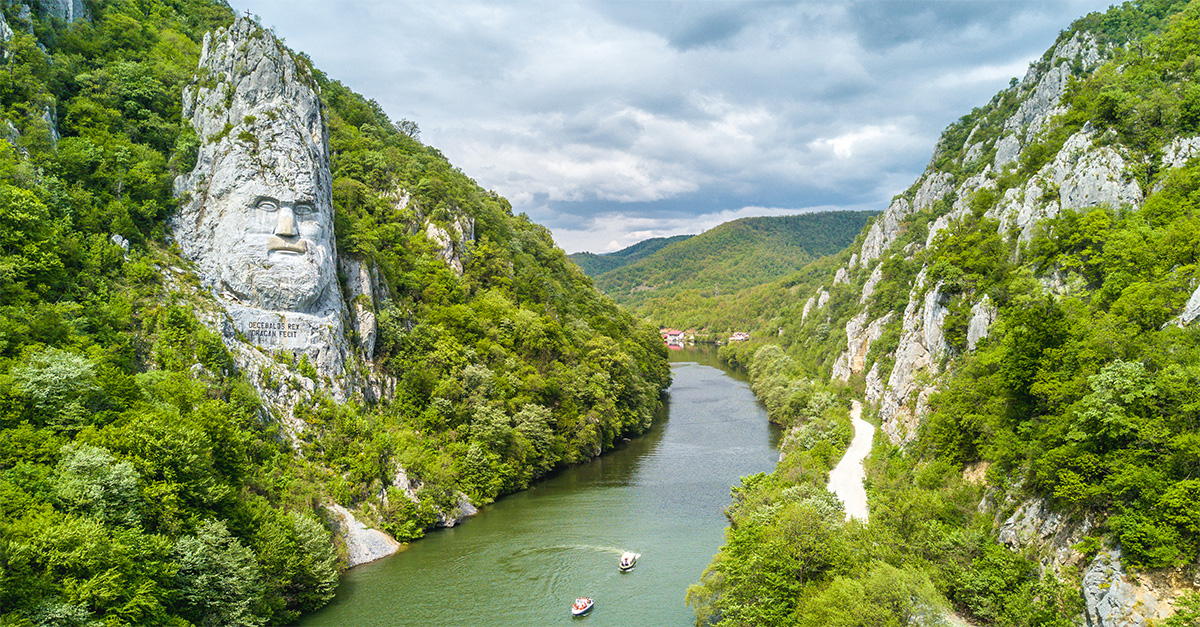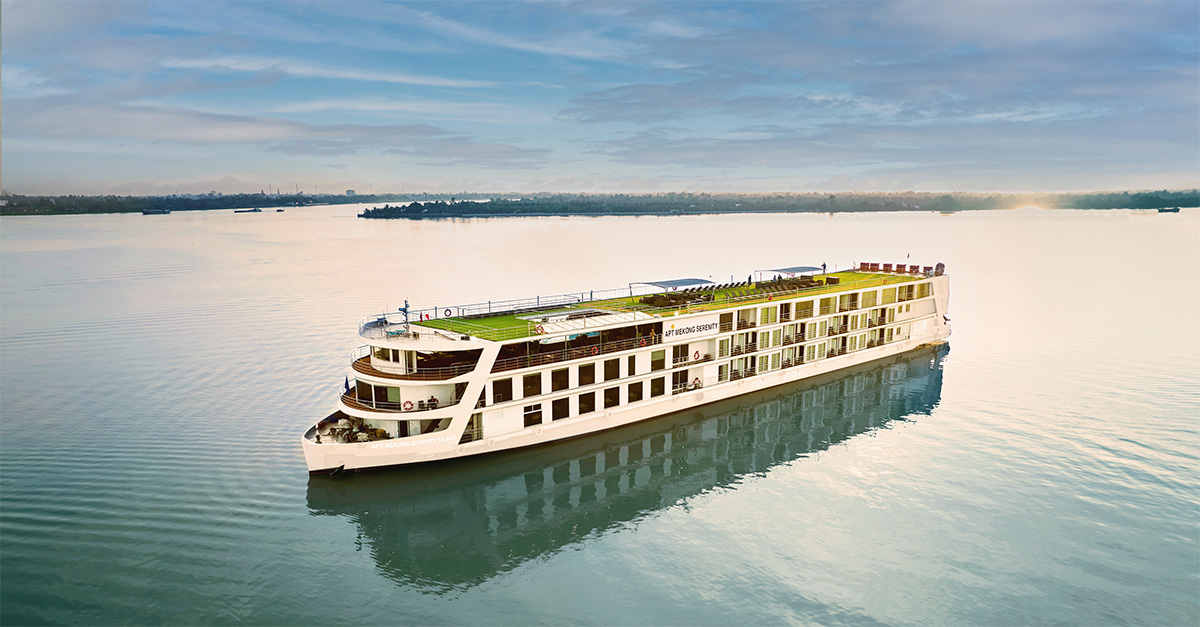Get expert guidance on how to book holidays for families with disabilities or special needs
Like this and want more details? Click here to download and save as a PDF.
Agent Expert

Gillian Moorhouse-Hoole is business development assistant at specialist travel firm DisabledHolidays.com. The company began in 2001 as the Disabled Holiday Directory, listing accommodation suitable for people with varying types of special needs, before being sold to current owner Paul Nadin in 2008. DisabledHolidays.com now runs a call centre and travel agency in Dukinfield, on the outskirts of Greater Manchester, and acts as a supplier offering net rates to multiple and independent agents.
We arrange everything from cottages and caravans in the UK to skiing holidays, cruises, safaris, round-the-world trips – anything a family wants to do can be tailor-made to suit them. Customers range from people with quite simple needs to some with very complex conditions.
At one end of the spectrum, it could be someone who doesn’t need any mobility adaptations, but their child has autism so they want a property that’s quiet or away from busy areas; or someone travelling with grandparents who just needs to know whether there are grab rails in the shower or a hoist to get in and out of bed.
Then at the other end, somebody may have a spinal injury but also other co-existing conditions such as breathing difficulties, meaning they need 24-hour care or extra help in the evenings.
You could also have a family with three children where one has a disability, so then it’s important to cater for everybody within that family, rather than focusing just on the disabled child.
Likewise, if it’s the parent who has the disability, you’ve got to make sure you get it right for them, but it’s also got to be a fun family holiday for everyone.
First steps
The most important thing to know first is what the family wants to do. Find out what type of holidays they have enjoyed before, and don’t assume because someone has a disability that certain holidays would be excluded for them.
We book people on skiing and activity holidays, so it’s about letting the person with the disability guide you to what they want to do.
Then you have to find out their needs and check thoroughly what equipment they use at home, before researching what is available to make sure what you’re looking to book actually meets their needs.

Image credit: Accessible Training Company
Sometimes people have given us feedback that they have been told a hotel has a wheelchair-accessible room, but the bathroom turns out to be down a couple of steps, for example.
What we would understand as accessible doesn’t always translate fully to other countries, and sometimes it can vary even between properties in the same hotel chain, so you can never assume anything.
Even when accessible rooms are available, a lot of mainstream operators can’t guarantee you will get that room. It’s not like having a sea view; it’s a fundamental part of a holiday for someone with a disability.
So if it’s not 100% guaranteed they’ll get that room, then it’s like sending someone into the unknown and crossing your fingers.
Destinations
Nowhere is off-limits; it’s for the family to decide which destination does it for them. I might suggest Majorca, Benidorm or Florida, but if that’s not their kind of holiday there’s no point in pursuing it.
It’s just worth bearing in mind that it gets more difficult the more remote a place is or the less infrastructure it has, especially if they need specific equipment.
The US, the Canary Islands and mainland Spain are great for families because they’ve got good, accessible hotels and you can get hold of equipment quite easily, plus there’s all the usual family entertainment.
Theme parks are always family favourites. There can be some limitations on which rides people with disabilities can transfer on to, so you have to make them aware of that, but we provide the facts and then rely on parents to make a judgement call like they would for any child.
The rise of family-friendly cruises has also been very popular. You can get some good deals with onboard credit and food and drink included, but the real advantage is that the ships are used to catering for guests with physical disabilities: 99% of areas on ships are accessible – the cabins, the restaurants, the toilets – and you haven’t got the worry of finding a restaurant that’s wheelchair accessible each night.

The all-inclusive package is always a bonus for families because there aren’t as many hidden charges, so if kids want drinks or ice creams during the day, it’s all taken care of.
A lot of families also like villa holidays because you have the exclusivity of your own villa, often with a pool or barbecue area.
If you have perhaps got a child with autism, you don’t ever have to feel uncomfortable if they are being noisy, which some parents tell us can be a worry for them in unfamiliar environments. Or if you’ve got carers coming with you, it means everyone can stay in the same place.
Getting there
If a child has autism, getting on a flight could be quite distressing, so some parents steer away from flying altogether because it’s too noisy and the space is too confined.
If they are flying, it’s important to consider ahead of time whether they need assistance getting through the airport, or if they will require essential medication or equipment in the cabin, as everything needs to be pre approved by the airline, especially if you’re transferring from one airline to another.
You can’t assume that a wheelchair that’s fine to go on one flight will be OK to go on another, because you might go from an Airbus A380 to a little propeller aircraft, so everything’s got to be authorised in advance.
The same goes for medication, so it’s always helpful to have a doctor’s letter explaining what it is and why it’s needed to avoid any misunderstandings.
Cost
There shouldn’t be any additional cost for having an accessible room, but it’s not always that simple. A hotel might have a range of room categories, but only adapt a deluxe room for wheelchair use because it’s got more floor space, so guests end up having to pay for that higher room category.
You have to be driven by what’s available at that hotel, so you don’t always have the same choice over room types.
There could also be a cost for hiring equipment if it isn’t fitted as standard and, if you have a care team, you have to factor in where they will stay.
What to avoid
Make sure you confirm any essential equipment before you make a booking. If the client needs a hoist or a shower chair delivered to a particular area in Spain, for example, you have to make sure you can get that before you confirm anything else, because if they can’t have that, there’s no point in pursuing the booking.
It’s crucial to plan ahead and make sure the family is actually getting what you’ve booked. If it’s the middle of the summer holidays and they turn up to find the room they thought was wheelchair accessible isn’t, there might not be a suitable alternative, as a lot of hotels only have a couple of adapted rooms and they fill up quickly.
You have to get it right first time because there might not be a plan B other than coming home, so check it, recheck it and then check it again.
Listening to what the family wants right from the start is just as important. If you pick accommodation that fits their practical needs but you haven’t actually found somewhere they want to go, they lose out on the quality of their family holiday.
We want customers to return, and build up trust that we can find a holiday that suits them.
We would never say no to any request, we just make sure clients know the facts and let them decide, but we have never come across an enquiry we haven’t been able to help with.
To discuss partnerships, email partners@disabledholidays.com, visit DisabledHolidays.com or call 01457 833444.
Case studies
UK Holidays
Specialist providers such as the Calvert Trust offer outdoor activity holidays in Keswick, Kielder and Exmoor, with adapted sailing, canoeing, kayaking, climbing, abseiling and archery. At Kielder Water, family accommodation – which is also bookable via Hoseasons – includes 10 four-star Scandinavian chalets with accessible shower and bathrooms and adjustable kitchen benches.

Image credit: Calvert Trust Kielder
The more luxurious Straker and Bradbury Chalets have a spa bath, hot tub and private barbecue terrace, and the Sky Den – an accessible treehouse designed by George Clarke for Channel 4 programme Amazing Spaces – has an opening roof for star-gazing.Self-catering accommodation starts at £255 for six people staying three nights, with half-day activities at £30 or taster sessions for £10. calvert-trust.org.uk
Butlins has adapted accommodation for people with disabilities, including a wet-room bathroom, wider doors, ramps around the resort, and hearing loops. At Butlins Minehead, there are six two and three-bedroom chalets which have accessible double rooms and twin or bunk beds in the other bedrooms.
Sister brand Haven offers adapted caravans with ramps, wide sliding doors and a converted shower room, and accepts registered assistance dogs in adapted caravans. bourneleisuresales.co.uk
Farther afield
Mark Warner can offer one-to-one care for children with special needs as part of its kids’ clubs at Lakitira, Levante and San Lucianu resorts. There is no extra charge as this is included in the childcare service, staffed by fully-qualified, English-speaking nannies, but places are limited and available only on selected dates. markwarner.co.uk
SeaWorld Parks and Entertainment offers wheelchair rental at its four parks, including specially designed outdoor wheelchairs with oversized tyres for the sandy beaches at Discovery Cove, and can also offer assistance for visually impaired guests, when given at least two weeks’ notice.
SeaWorld Orlando and Busch Gardens Tampa also have Ride Accessibility and Special Access programmes that visitors can request at Guest Services. seaworldparks.co.uk




